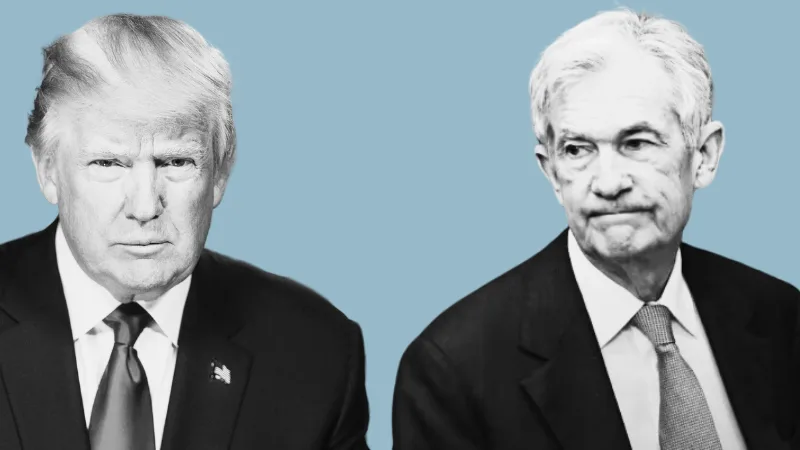In the ever-evolving crypto world, Grayscale has been a name synonymous with pioneering moves. But even pioneers face their trials, as Grayscale’s recent saga with Bitcoin ETFs reveals. After leading the charge in the U.S. for the approval of Bitcoin exchange-traded funds (ETFs), Grayscale’s Bitcoin Trust finds itself in a whirlwind of financial ebb and flow.
The Numbers Speak: A Tale of Loss and Competition
Since converting into an ETF on January 11, the Grayscale Bitcoin Trust has seen a staggering $2.8 billion exit its doors, per Bloomberg Intelligence. This massive cash-out contrasts sharply with the $4 billion inflow into nine new spot-bitcoin ETFs within just their first six days. Notably, BlackRock and Fidelity Investments have each lured over $1 billion.
Despite the exodus, Grayscale’s GBTC remains a behemoth with $22.9 billion in assets. But this is not just a story of numbers; it’s a tale of regulatory battles, market shifts, and investor sentiment.
Regulatory Rollercoaster: From Rejection to Approval
The journey to this point has been anything but smooth. The Securities and Exchange Commission (SEC), after years of hesitation citing concerns of fraud susceptibility in the underlying bitcoin market, finally green-lit spot bitcoin ETFs. This pivot was partly due to a court ruling favoring Grayscale.
Grayscale’s GBTC, once a premier choice for bitcoin exposure without direct cryptocurrency purchase, faced its challenges. Notably, it wasn’t a true ETF, leading to its shares trading at varying premiums or discounts to the actual bitcoin value it held.
The Transformation and Its Aftermath
2022 was a year of defiance for Grayscale, as they sued the SEC following a rejection to transform GBTC into an ETF. The conversion has since narrowed its discount to near-zero, but the market reacted unpredictably.
JPMorgan analysts suggest that investors cashing in on GBTC’s gains and opting for lower-fee competitors have contributed to the recent crypto market downturns. Despite initial optimism, the approval of new bitcoin ETFs hasn’t buoyed bitcoin’s price, which saw a 10% drop post-approval.
The Fee War: A Crucial Battlefield
An intense fee competition among asset managers was already underway before the ETFs’ launch. Grayscale cut its trust fee to 1.5% from 2%, but this wasn’t enough to stave off rivals like BlackRock and Fidelity, who introduced even lower promotional rates.
Michael Sonnenshein, Grayscale’s CEO, defends the fee, citing the fund’s liquidity and track record. However, investors like George Bodine, a retired airline captain, view the fee as excessive, pushing them towards alternatives.
Tax Implications: The Hidden Factor
For some, sticking with GBTC isn’t just about loyalty or fees; it’s about taxes. Switching to a cheaper ETF could trigger substantial capital-gains taxes, particularly for those who bought GBTC at a significant discount and are now sitting on large gains.
The FTX Factor
Adding another layer to the story, the bankrupt crypto exchange FTX has reportedly sold a large portion of its GBTC holdings. With over 22 million units valued at $597 million last October, FTX’s move adds to the narrative of shifting crypto allegiances and strategies.
Looking Ahead: Grayscale’s Optimism Amidst Change
John Hoffman, Grayscale’s managing director of sales and distribution, remains optimistic. He notes that it’s still early days for GBTC as an ETF and anticipates varied investor strategies influencing future inflows and outflows.
In conclusion, Grayscale’s journey with its Bitcoin ETF is a microcosm of the broader crypto market’s volatility and regulatory challenges. While the company navigates these turbulent waters, the crypto community watches closely, eager to see how this pioneer’s moves will shape the future landscape of cryptocurrency investment.
Stay up to date on other relevant news in our “Crypto & Currencies” section.





